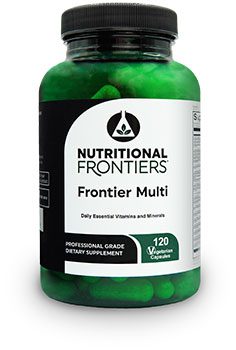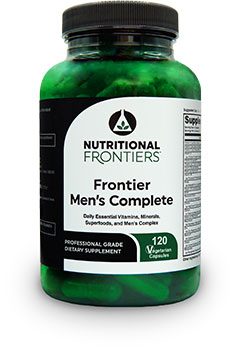Sections
- Antibiotics
- Artificial Sweeteners
- Aspirin & Stroke
- Blood Pressure Medications & Mineral Depletion
- Calcium
- Coenzyme Q10
- Diet & Lifestyle
- Food Allergies
- Nutritional Frontiers Purity & Potency
- Possible Imbalances From Medications
- Quality & Patented Research
- Quality, Purity, & Potency
- Targeted Nutrition
- The Benefits of Multivitamin Use Substantiated
- The Dangers of Over-The-Counter Pain Medications
- The Ins & Outs of Whey Protein
- Vitamin D Deficiency
- What’s In Your Multivitamin?
- Why Choose Nutritional Frontiers Vegetable Protein Over Competing Brands
Advocates of natural medicine have long known the importance of using nutritional supplementation to prevent and treat certain acute and chronic diseases. Consumers who are concerned with their health often take a multivitamin whether or not their healthcare practitioners have advised it. These people intuit that vitamins may provide their bodies with extra support during times of stress or illness, though they may wonder sometimes if it is really “doing any good.”
The Journal of the American Medical Association has corroborated what so many have purported all along, that multivitamin supplementation is beneficial even in the absence of outright extreme deficiency symptoms like scurvy (lack of Vitamin C) or pellagra (lack of Vitamin B3).
Suboptimal Levels vs. Deficiency
The article, printed in the June 19, 2002 issue of JAMA (Vol, 287, No. 3), asserts that most Americans do not consume optimal amounts of all vitamins by diet alone. This may be due to dietary choices, such as not eating the recommended 5-6 servings of fruits and vegetables a day. Other contributing factors to suboptimal nutritional status include methods of food preparation (i.e. excessive or prolonged heat), genetic susceptibilities, alcohol and tobacco use, and changes to soil health by deleterious farming practices.
Suboptimal levels of certain nutrients increase risk factors for diseases, even when the patient is not expressing overt deficiency symptoms. To illustrate, elevated blood levels of the amino acid homocysteine are indicative of cardiovascular risk. Regular intake of Vitamin B12, Vitamin B6 and/or folate cause homocysteine levels to fall the levels within the normal range. This may have a profound impact on reducing risk of heart attack.
Frontier Multi, Men’s Complete, and Women’s Complete
Frontier Multi is a complete multivitamin and mineral product that also contains antioxidants, bioflavonoids, enzymes, and amino acids in “whole foods complex” base which contains kale, spinach, broccoli, carrots, apple, cranberry, and more. Frontier Multi features therapeutic levels of many nutrients in their most bioavailable forms, with no extra excipients.





